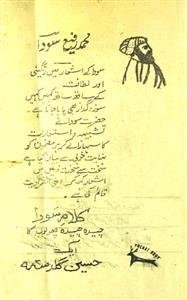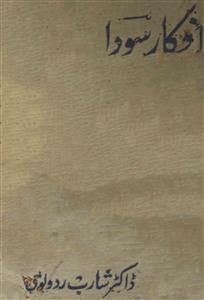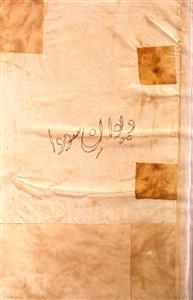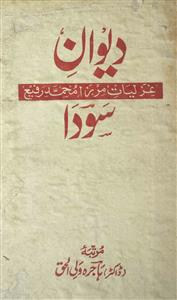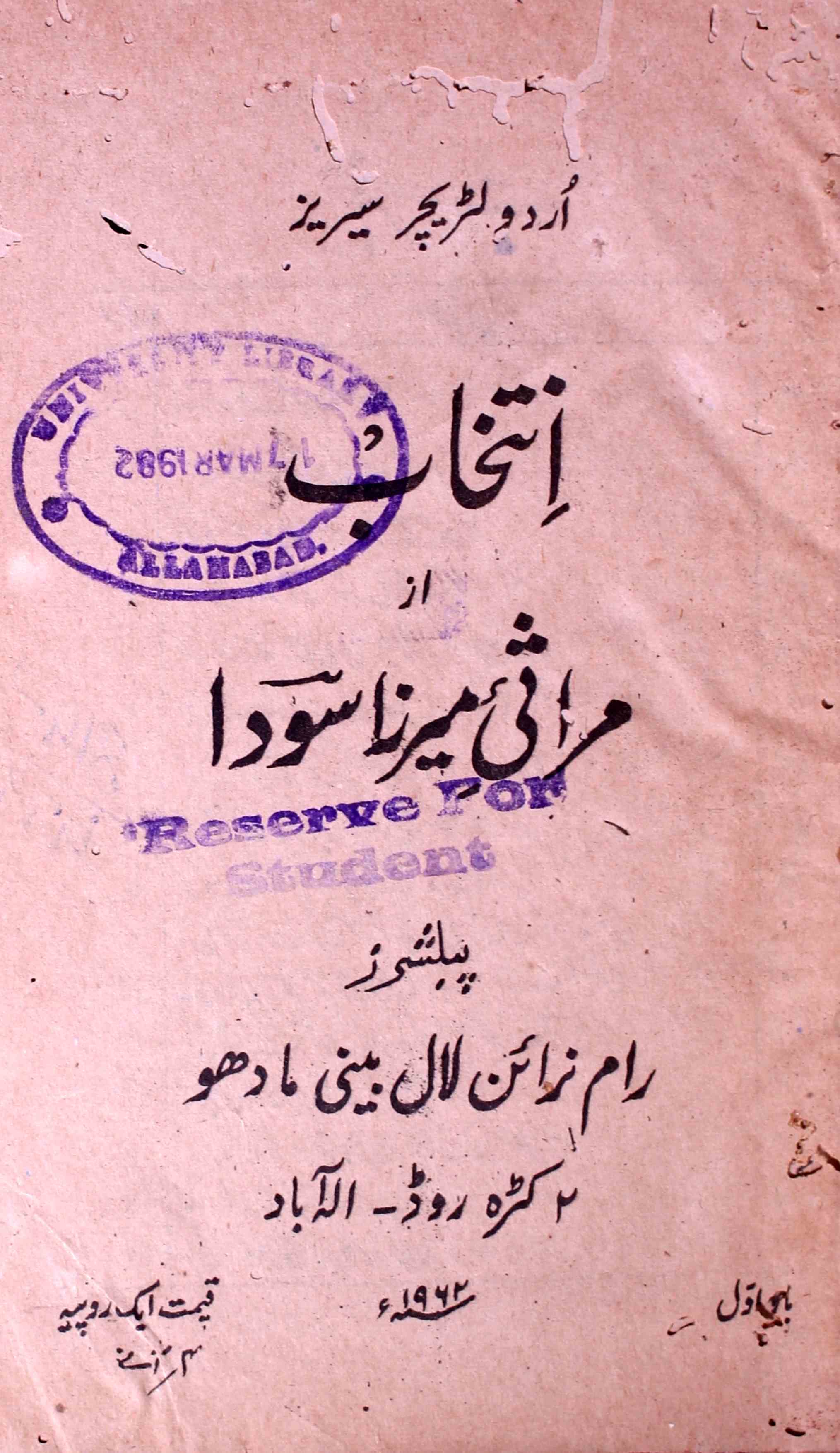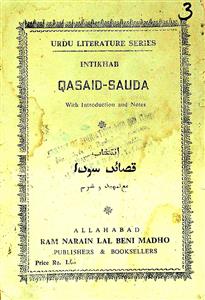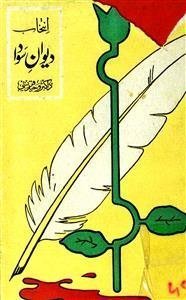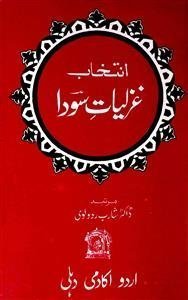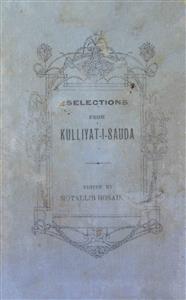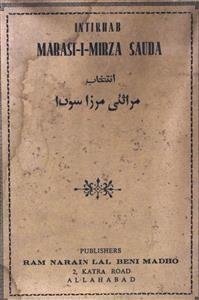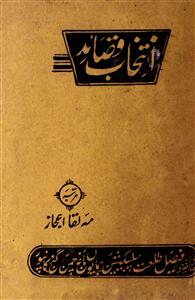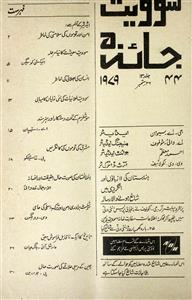 For any query/comment related to this ebook, please contact us at haidar.ali@rekhta.org
For any query/comment related to this ebook, please contact us at haidar.ali@rekhta.org
About The Book
اردو قصیدہ نگاری میں جو منفرد اور بلند مقام سودا کو حاصل ہوا وہ کسی اور کے حصے میں نہیں آیا۔ سودا ایک قادرالکلام شاعر تھے انہوں نے غزل بھی کہی اور اس میں ان کا مقام سطحی اور معمولی نہیں ہے،وہ چونکہ ایک امیر گھرانے سے تعلق رکھتے تھے سو زندگی عیش و طرب میں گزرتی تھی امیروں کی صحبتیں میسر تھیں اس لیے کسی کے عشق جانگداز میں میر کی طرح آنسو نہیں بہائے،ان کے کلام میں سوزوگداز،درد،غم کی گہری ٹیسیں اور خستگی تو نہیں جو میر کی غزلوں کا خاصا ہے اس کے باوجود سودا کی غزل جاندار ہے۔ سودا نے مروجہ شعری رنگوں کو کامیابی سے نبھایا ہے،سنگلاخ زمینوں میں شعر کہنا، مشکل قافیوں اور ردیفوں کو باندھنا ، صنائع بدائع کا فنکارانہ استعمال ان کی غزلوں میں عام ہے،شوکت الفاظ و خیال،لہجے کی بلند آہنگی جیسی قصیدے کی خصوصیات ان کی غزلوں کو منفرد بناتی ہیں،ان کے ہاں عشق و محبت ،ہجر و وصال اور داخلیت کا حسین امتزاج ملتا ہے۔ قصیدے،مرثیے،مثنویاں،رباعیاں،شہرآشوب،قطعات،تاریخیں،پہیلیاں،واسوخت،مستزاد، اور غزلیں سب اصناف سودا کے ہاں موجود ہیں۔ زیر نظر سودا کے کلام کا انتخاب ہے. جس میں غزلیات کے علاوہ چیدہ چیدہ کچھ اصناف کو جگہ دی گئی ہے۔
About The Author
Mirza Mohammad Rafi Sauda (1713-1781), son of an aristocrat father who had migrated from Kabul to India for trade, was born in Delhi. He was well provided for to meet the needs of a decent life and lived in comfort. Not attracted by mercantile interests of his family, Sauda found a place of prestige in the court and also among the nobility. He left Delhi when the city fell a prey to misfortune, and went to several places in Uttar Pradesh, before he came to Lucknow. Nawab Asifuddaulah patronised him and rewarded with an annual stipend of rupees six thousand.
Sauda wrote in Persian, before coming to Urdu. John Borthwick Gilchrist, the famous linguist and Indologist, acknowldged rather profusely that he learnt his Urdu from Sauda’s Divaan. The Persian literary tradition helped him acquire a tone and tenor which he adopted to his benefit for writing his poetry in Urdu. He looked at life sportingly, enjoyed his vigour and optimism, and relished the pleasures of life in full measure. He reflected this spirit of broader and brighter apprehensions of life in his poetry with certain ease. Both his Persian and Urdu poetry expressed his maturity of thought and linguistic finesse in these two languages. His ghazals hold close to the tone and tenor of panegyric which he brought to its height. Marked for his vitality of imagination, precise turns of phrases, and compact expressions, he practised various forms of poetry like panegyric, satire, and elegy, and emerged as one of the canonical poets in Urdu.
 For any query/comment related to this ebook, please contact us at haidar.ali@rekhta.org
For any query/comment related to this ebook, please contact us at haidar.ali@rekhta.org
